After Thanh Nien Newspaper published the article "Investing in science each year is only equal to the money to build 'one mile of road'", scientists continued to express their opinions on the issue of budget for scientific research.
Less than 1% of total budget expenditure
Professor Nong Van Hai, Institute of Genome Research - Vietnam Academy of Science and Technology, said that the 300 billion VND (about 13 million USD) budget invested in basic scientific research through the National Foundation for Science and Technology Development (NAFOSTED) in Vietnam each year is too small a number.
Mr. Hai cited the 2020 report of the National Institute for Science and Technology Policy of Japan, saying that the amount of money spent on scientific research in the US in 2018 was nearly 550 billion USD, China nearly 522 billion USD, Japan 162 billion USD, Germany 133 billion USD and South Korea 93 billion USD. The number of scientific researchers in China was 1.87 million, the US 1.43 million, Japan 680,000, Germany 430,000, South Korea 410,000.
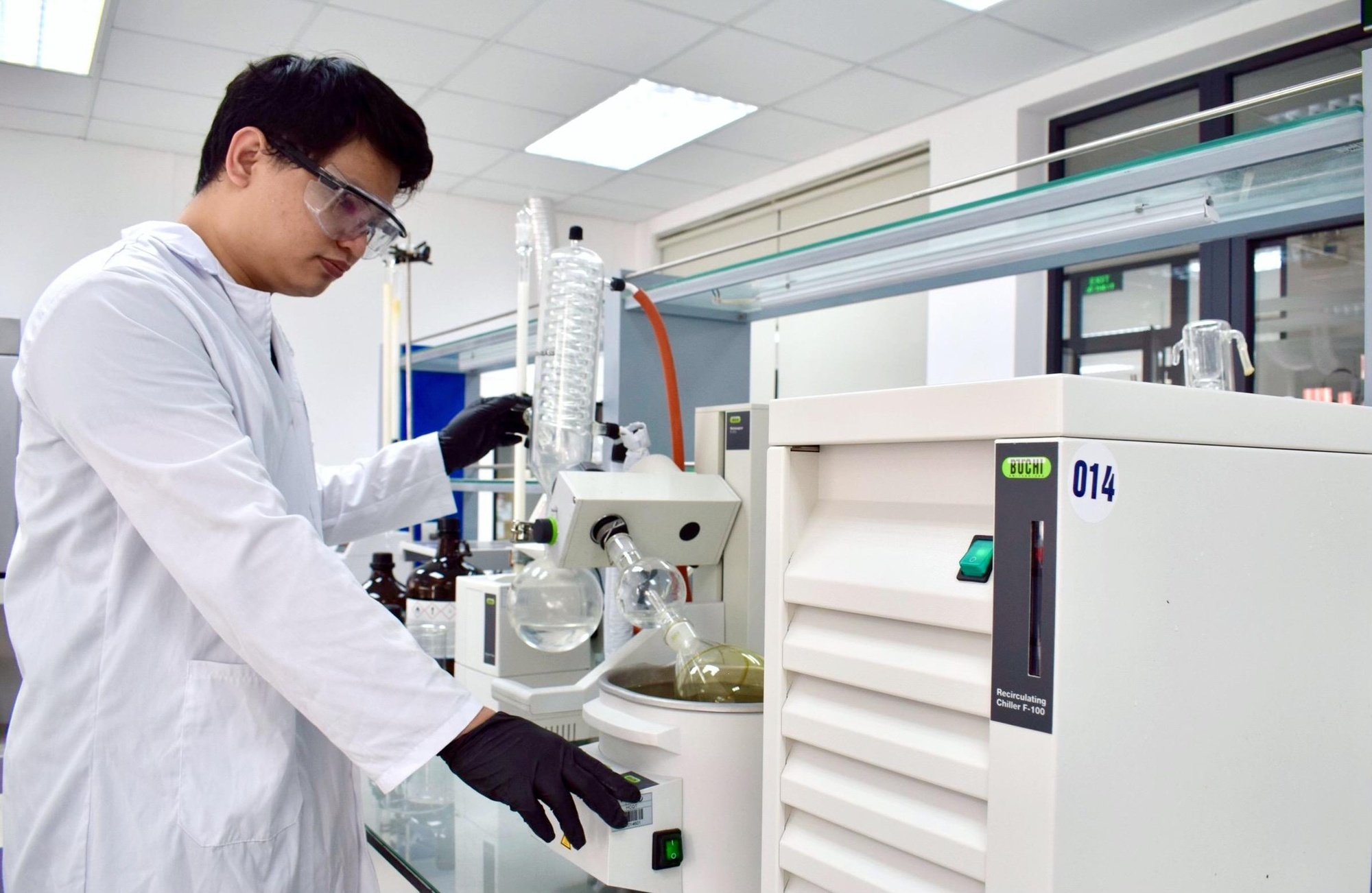
The budget for scientific research in Vietnam is still low.
In 2018, China surpassed the US to become the world leader in the number of international publications. In the 2022 report, China continued to surpass the US not only in quantity but also for the first time in the quality of publications in the world's top journals, according to Mr. Hai.
"To have such terrible power, they have invested hundreds of billions of USD each year to develop human resources and scientific and technological research projects," said Professor Hai.
In addition, Associate Professor Dr. Pham Trung Hieu, Head of the Department of Geology, University of Natural Sciences (Ho Chi Minh City National University), also said that the reason why countries like the US and China have strong science is because they have a long-term vision and invest huge amounts of money.
"Many countries have become prosperous thanks to systematic and strategic investment in basic scientific research from several decades to hundreds of years ago. Currently, Vietnam's budget for scientific and technological research in general is less than 1% of the national GDP, while in developed countries in the world this figure is 2% or more (in 2020, the US spent 3.45%, China spent 2.4% on science and technology). 300 billion per year is not suitable for the general development speed and is not enough to raise the level of Vietnamese science", Associate Professor, Dr. Hieu commented.
According to Professor Nong Van Hai, the Party Resolution requires spending on science and technology to be 2% or more of total budget expenditure, but in 2022 it will only be 0.82%.
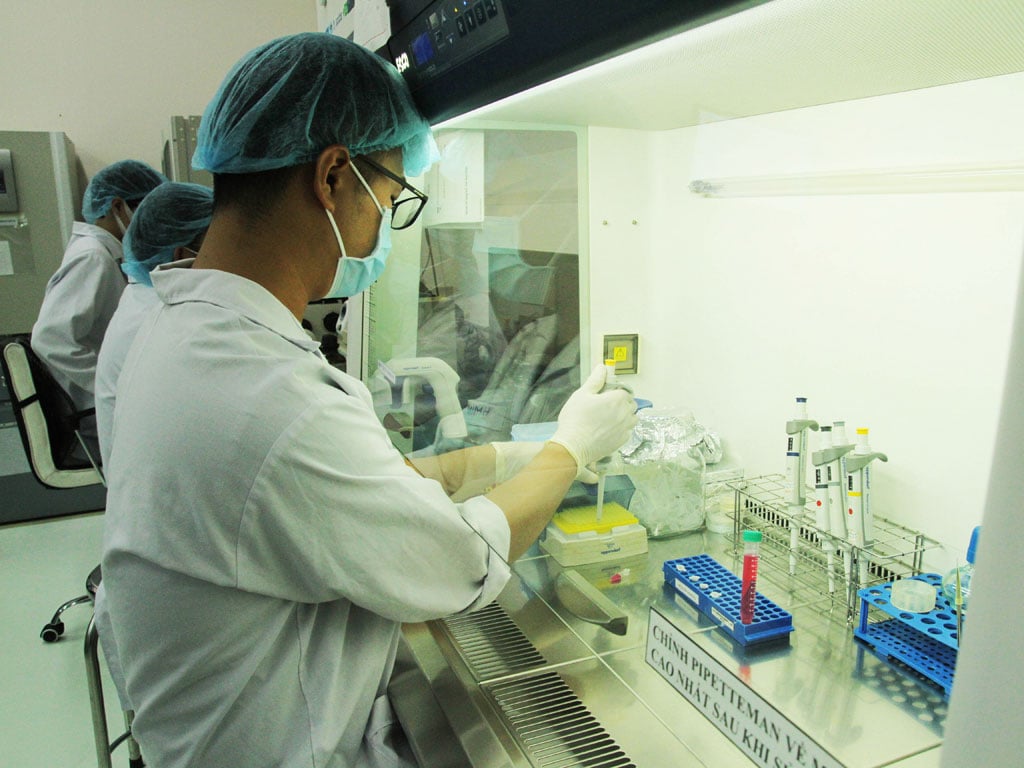
Countries evaluate science based on a process consisting of 5 stages: input, activities, outputs, outcomes and impact.
Vietnamese enterprises are too small to become a source of investment.
According to Associate Professor, Dr. Pham Trung Hieu, in order to have stronger financial resources for scientific research, in addition to the state budget, countries also have regulations requiring businesses to allocate revenue to invest in research on both basic and applied science.
"However, Vietnam does not have regulations on this issue. Very few businesses, when they need to research a product, order and invest in scientists to do it," Mr. Hieu shared.
Professor Nong Van Hai also informed: "Overseas, businesses invest a lot in state funds, schools, and research institutes. But in Vietnam, businesses are still very small and do not have the potential to invest because a few billion VND is not enough. Currently, only Vingroup is strong enough to operate the Vingroup Innovation Fund (VinIF), spending on scientific research regardless of scientists from public or private research institutions with a cost of nearly 800 billion VND in 5 years from 2018-2022".
Don't expect immediate results from your investment.
Mr. Hai continued to comment: "We are not as rich as the US, not as populous as China, do not have a long-standing scientific foundation like the UK, France, Germany... and do not have enough martial spirit in science like Japan... so the experience of countries with developed economies and science but relatively new and smaller like Australia, New Zealand and Ireland can also give us good lessons."
Accordingly, countries evaluate science based on a process consisting of 5 stages: input, activities, outputs, outcomes and impact.
"CSIRO - Australia's largest scientific research agency using the state budget, has conducted tens of thousands of research projects and filtered out 286 projects that meet a minimum level of financial return criteria. That means only 286 projects can bring about social, environmental or economic impacts. Thus, it can be estimated that the number of research projects at the output accounts for only less than 3% of the input. However, 3% of projects with applications are not only enough to offset the initial costs for all other projects but also bring huge profits and efficiency", analyzed Professor Nong Van Hai.
Not to mention, there are research projects that take decades, even hundreds of years, to have an impact or influence on life.
"Therefore, it is extremely wrong to say that building a mile of road has hundreds of thousands of people walking but scientific research has no use. From input to output to impact and influence of scientific research projects takes a lot of time," Mr. Hai commented.
Associate Professor Dr. Pham Trung Hieu also believes that investing in scientific research, especially basic science, does not produce immediate results. "If we required immediate results, countries like the US and China would not have grown as strong as they are today," Mr. Hieu shared.
Source link







![[Photo] Bustling construction at key national traffic construction sites](https://vstatic.vietnam.vn/vietnam/resource/IMAGE/2025/5/2/a99d56a8d6774aeab19bfccd372dc3e9)



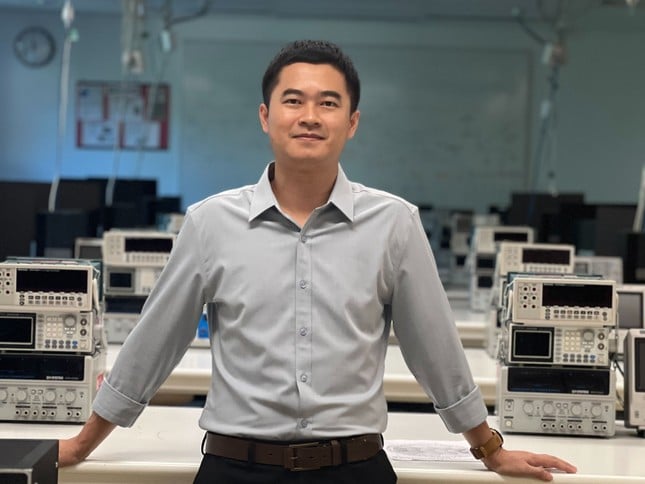

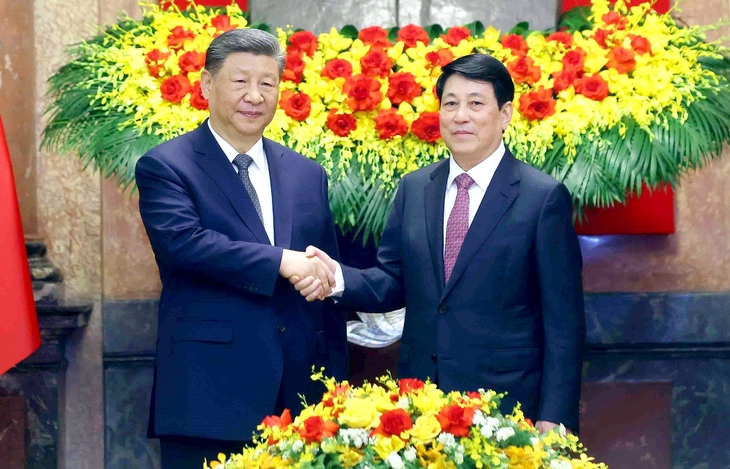

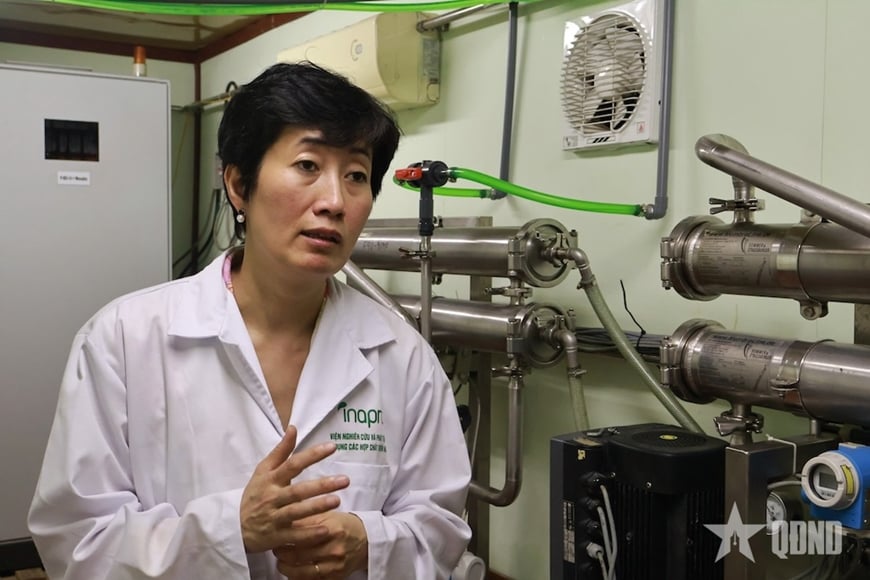








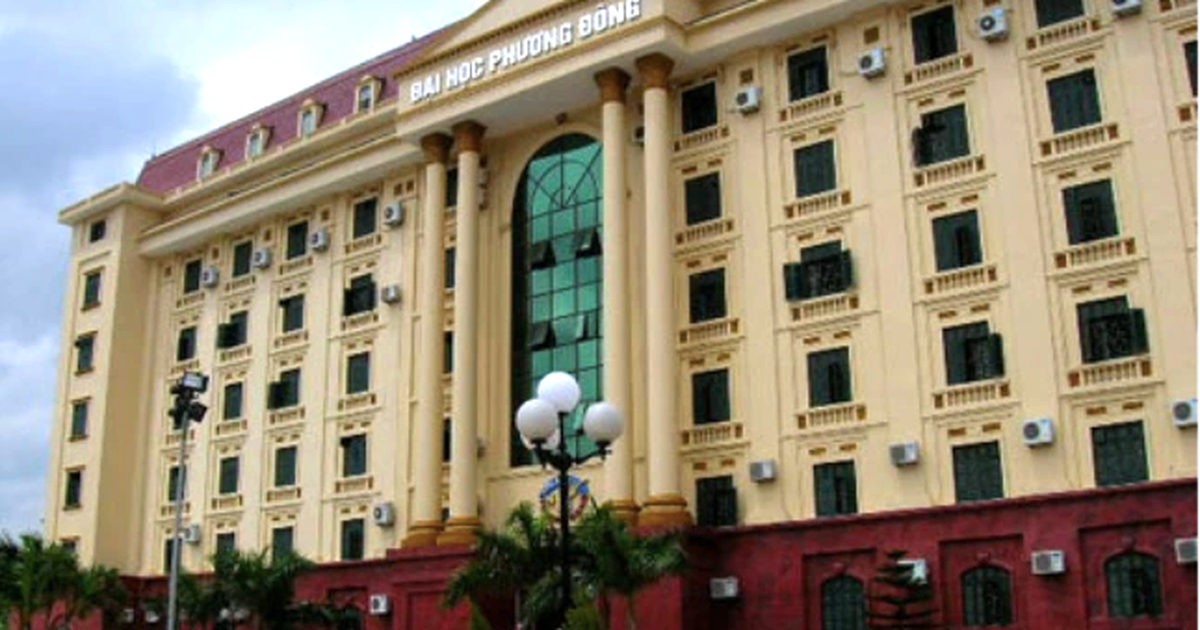







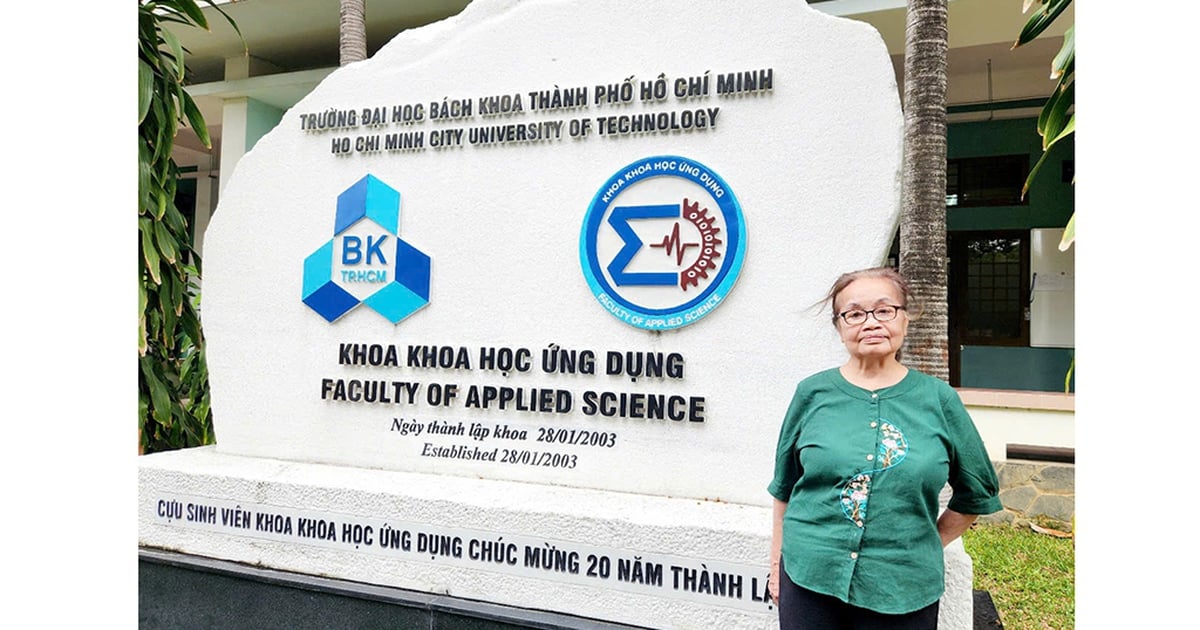

![[Photo] Binh Thuan organizes many special festivals on the occasion of April 30 and May 1](https://vstatic.vietnam.vn/vietnam/resource/IMAGE/2025/5/1/5180af1d979642468ef6a3a9755d8d51)
![[Photo] "Lovely" moments on the 30/4 holiday](https://vstatic.vietnam.vn/vietnam/resource/IMAGE/2025/5/1/26d5d698f36b498287397db9e2f9d16c)


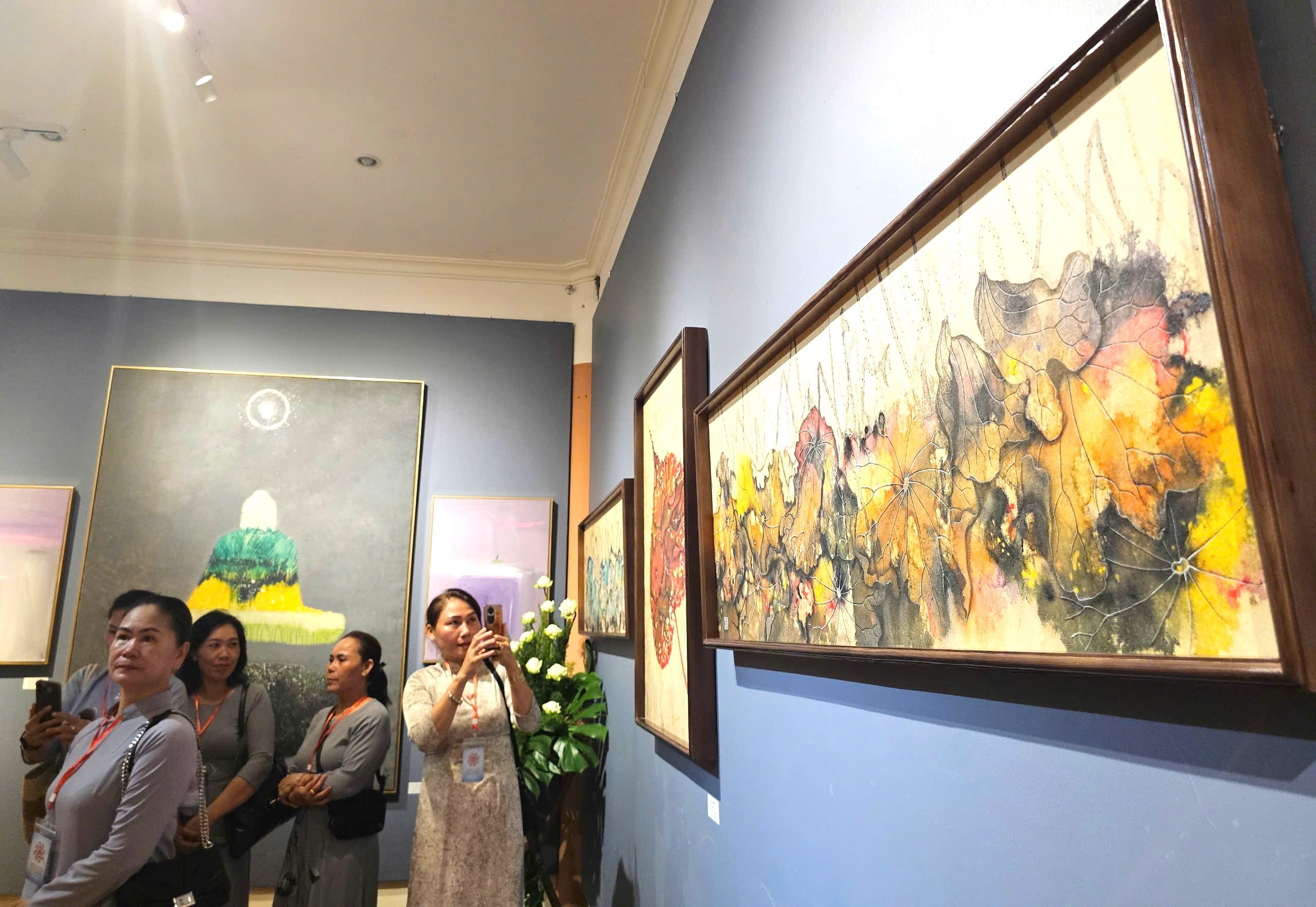





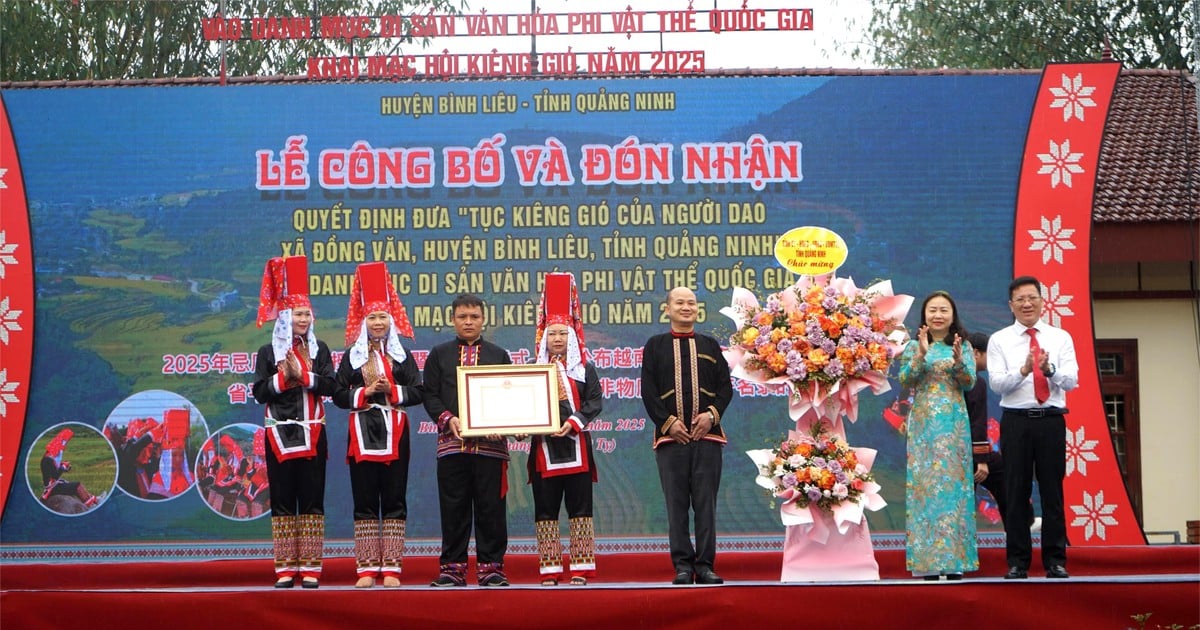






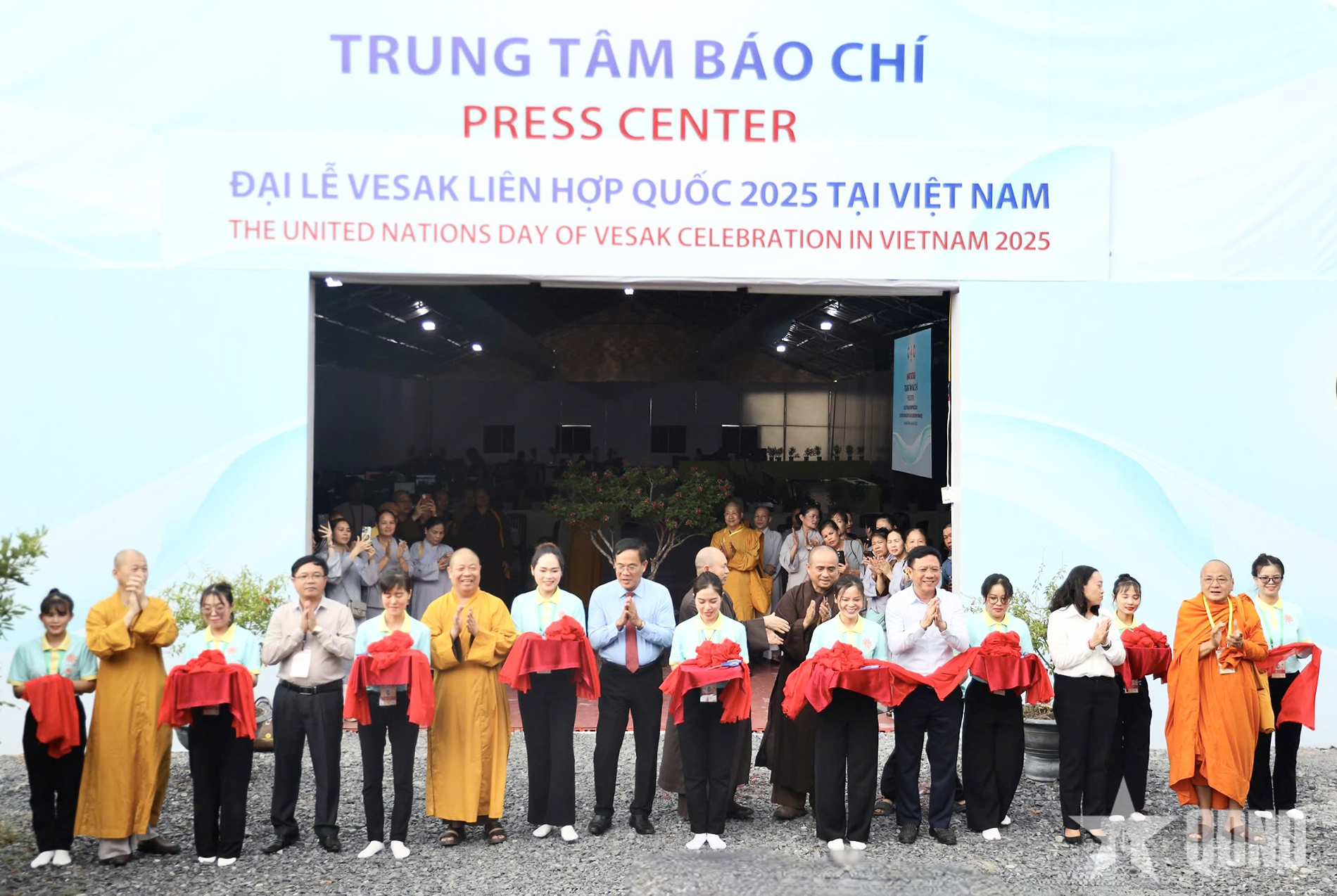


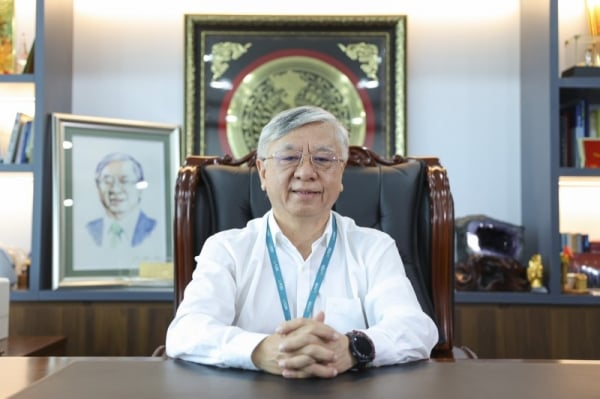










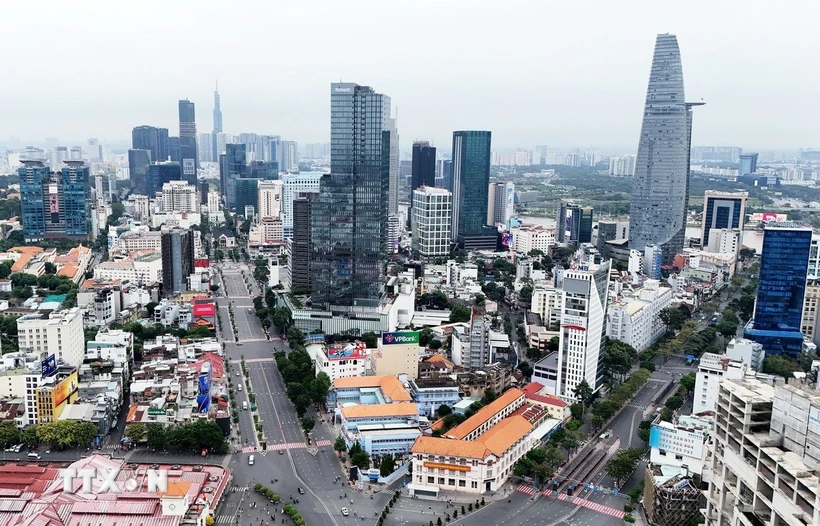
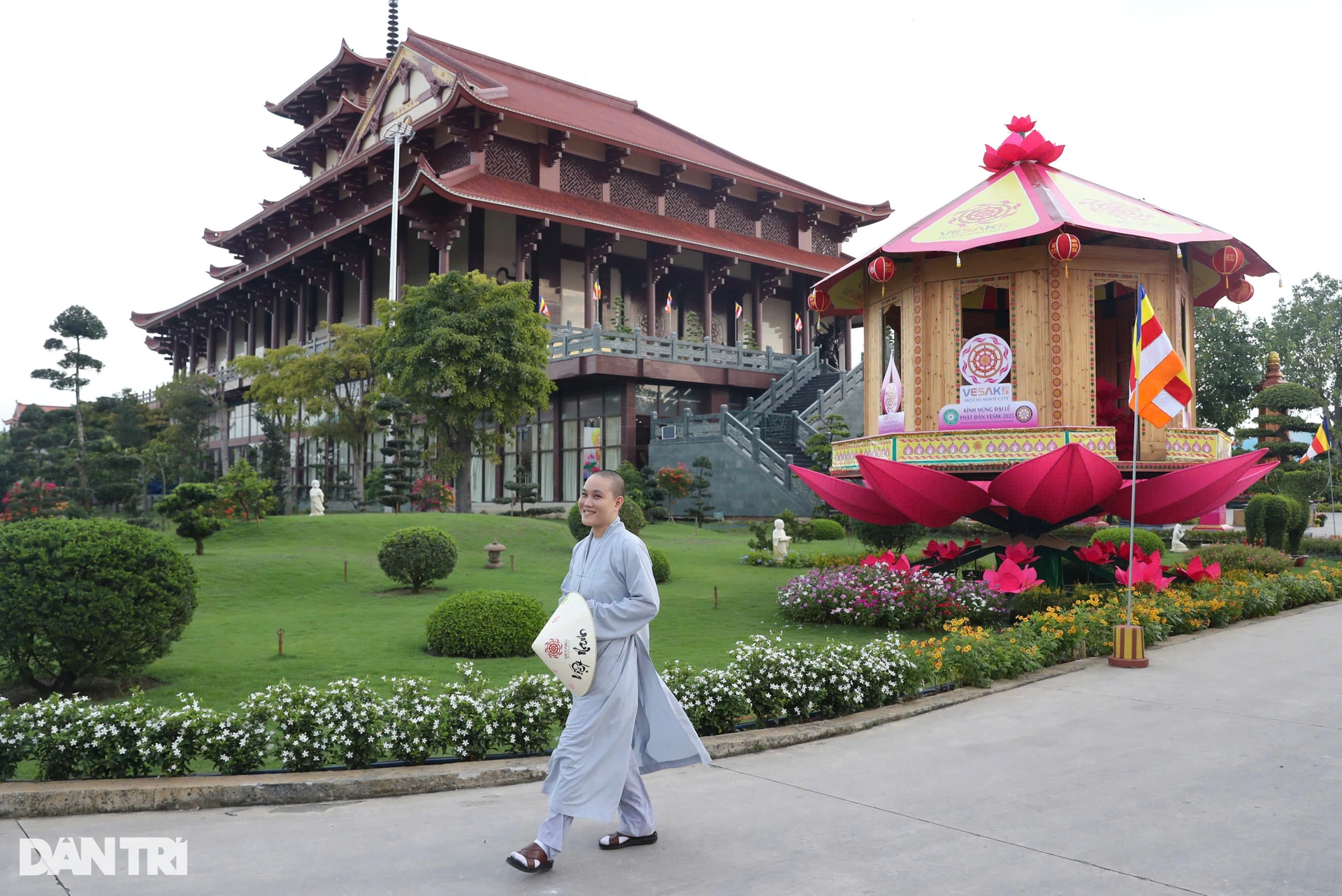


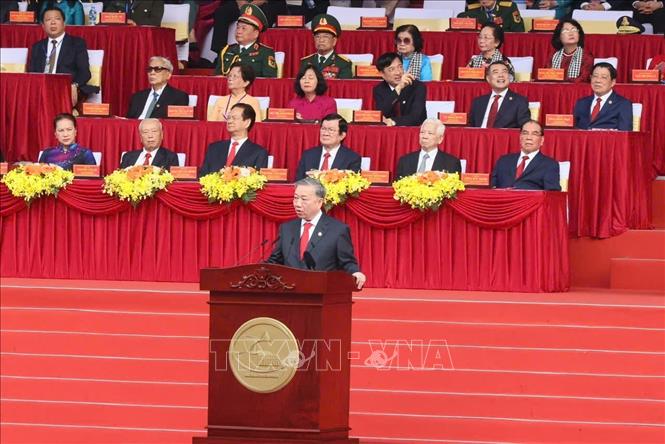










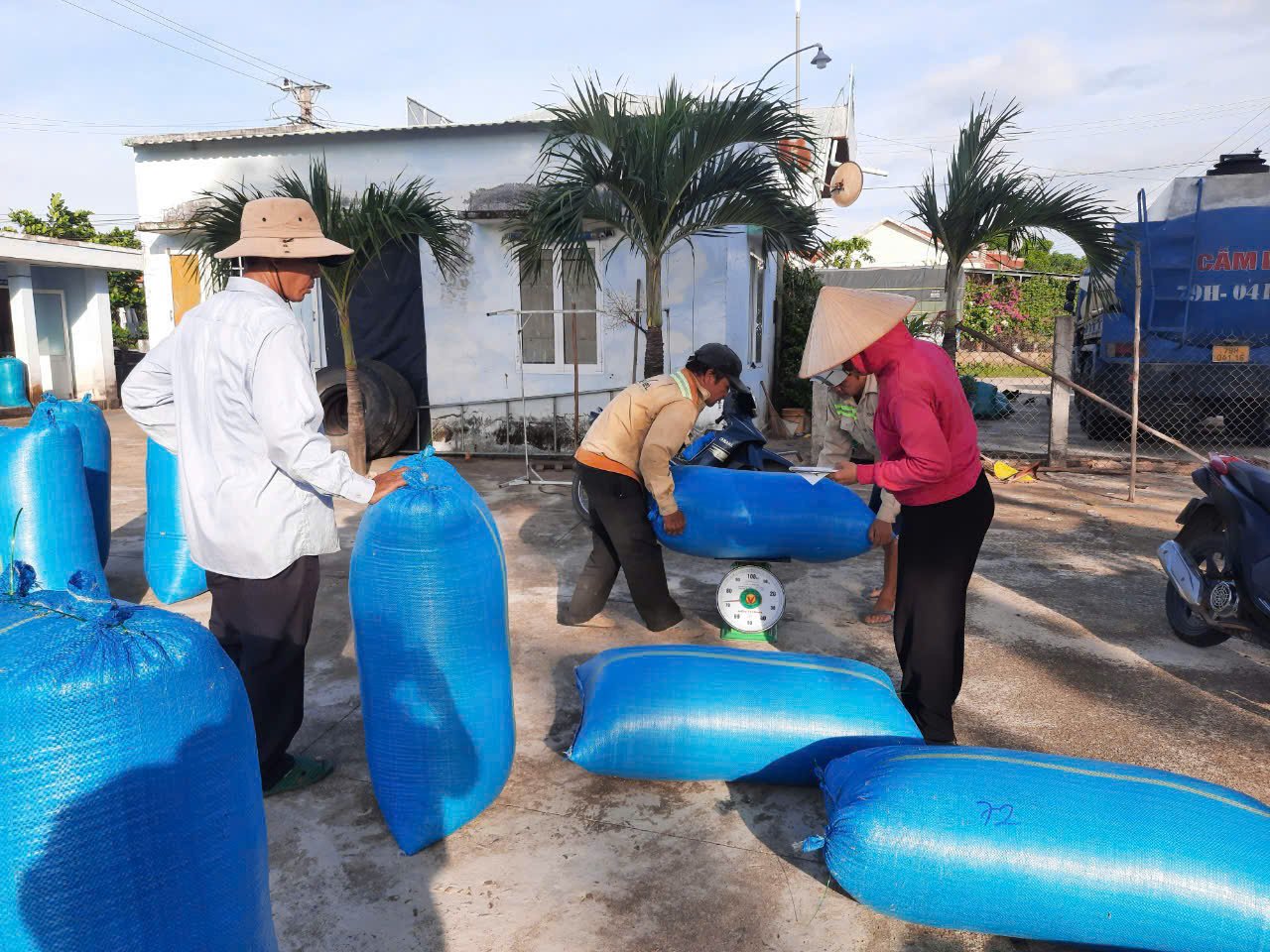

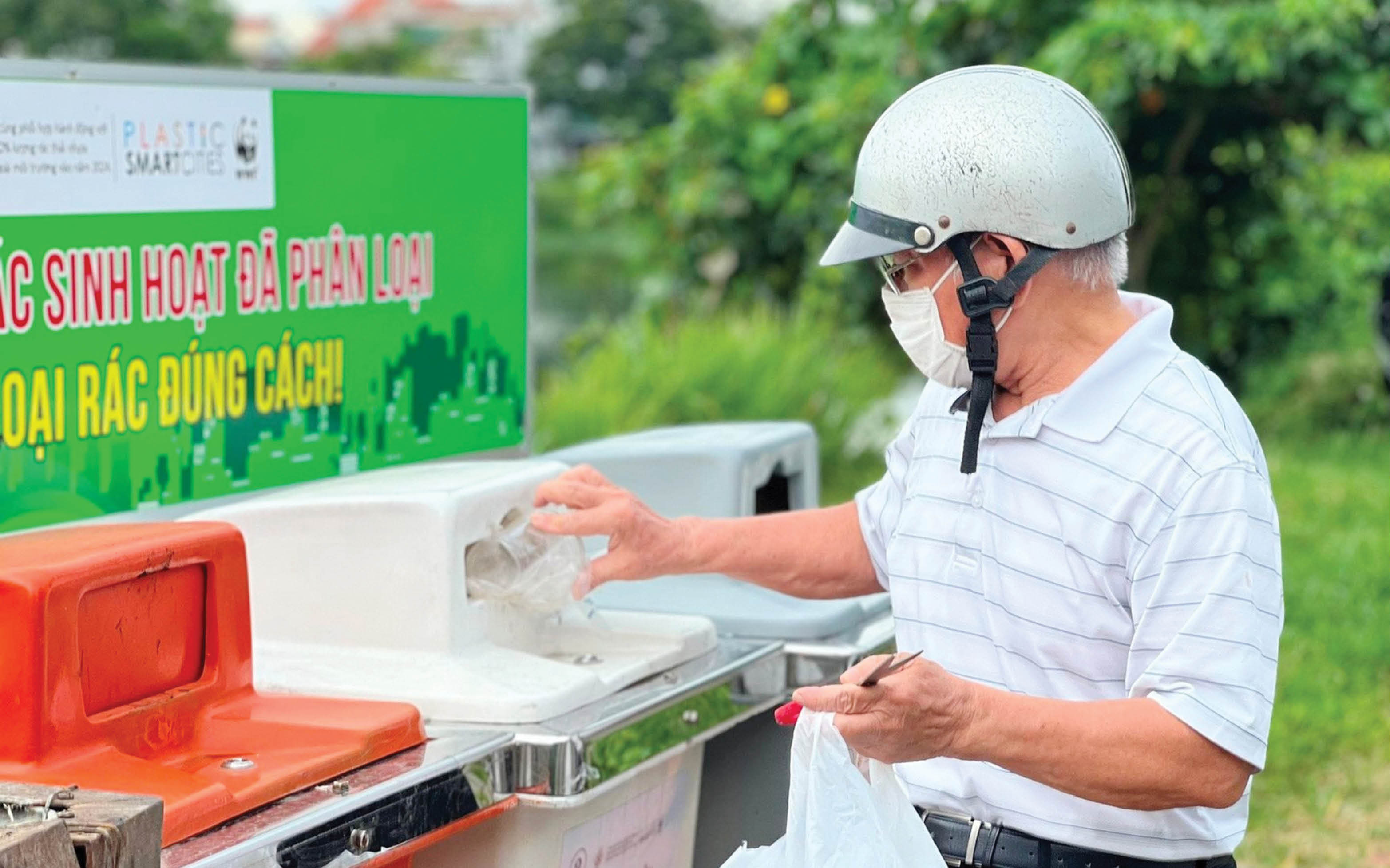
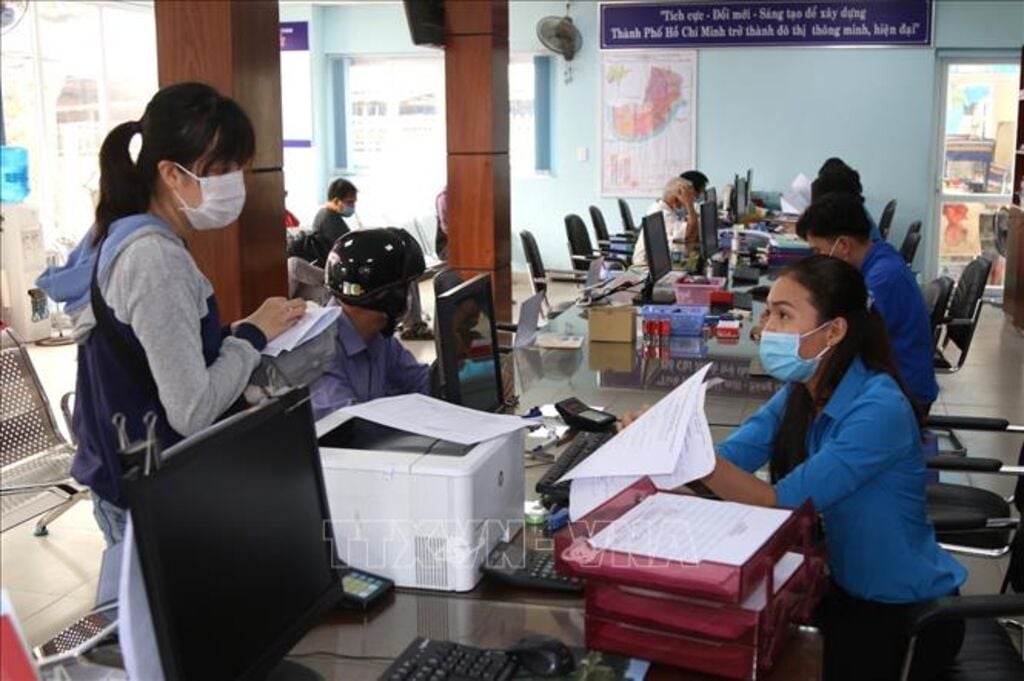













Comment (0)